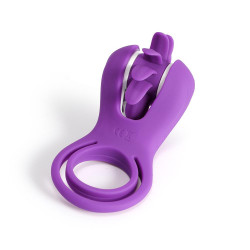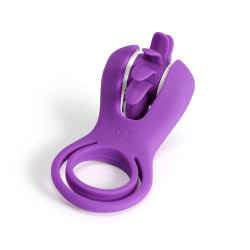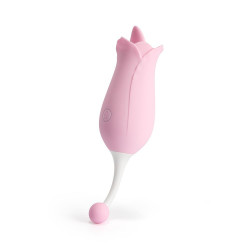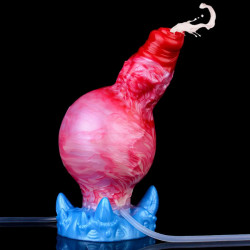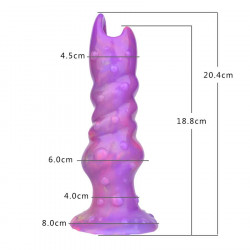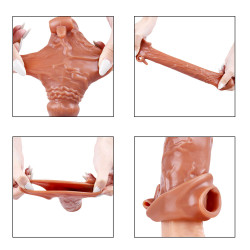
Daddy
The term "daddy" can refer to a dominant partner in a relationship in a variety of sexual contexts and sexualities. In a power-exchange relationship, where one party identifies as subservient to the dominating Daddy, Daddy is most frequently used. Depending on the relationship, a father might be strict or tender, discipline and reward, and act in that way both in real life and during sex. Daddy is typically used to describe a male partner, although anyone who wants to take on a Daddy character can also use the term. The term "daddies" is not exclusive to any particular sexual orientation and can be found in a wide range of relationship types.
The concept of a father figure who offers protection and discipline is at the heart of the majority of Daddy's applications. As dominants, daddies frequently take the lead and provide direction in both real-life and sexual situations. Daddy partners are typically older and considered more mature, even though the phrase is limited to age dynamics.
Depending on the dynamics and desired relationship, people use the name "Daddy" in different ways. Some people get a rush from just referring to someone as "Daddy," which conjures up feelings of caring and punishment. In addition to verbal reprimands and lectures, some daddies use physical and emotional domination techniques like spanking and paddling. To show concern, they will also give hugs, cuddles, and kind, comforting words. These can occur entirely outside of sex or within a sexual situation. Some fathers assist their spouses in navigating the "adulting" process of daily life.
Another way that Daddy is used is in Daddy Dom/Little Girl (and its variants for other gender and sexuality relationships), which revolves around the roles of a childlike partner and a father figure and features a range of ages. Age-specific attire, props, mannerisms, and vocabulary are more likely to be used in these partnerships, which are more overt in their roles.
More About Daddy
In a sexual context, "daddy" is a pretty odd term. It is somewhat perplexing that it has been so easily incorporated into adult and sexual relationships given its primary societal purpose as a sign of a genuine parent of small children, especially given how distinct we often choose to keep these two worlds. Although it's unknown when the term "Daddy" started to be used in adult relationships, it's thought to have originated in a parental context. Hardcore BDSM is among the many languages that have embraced it, nevertheless.
It is up to partners to decide whether or not to use the title "Daddy" in their relationship; not everyone will find it comfortable. Consent remains the foundation of a relationship, even though some will involve clear dominance and submission. Talk about it beforehand if you want to use the "Daddy" title or dynamic in your relationship. You don't want to unintentionally make your partner angry because negative "daddy issues" are so common, affecting both dominants and submissives.
How much "Daddy" will be in your relationship is a crucial topic to consider. Is it a term used to add some spice to the bedroom occasionally? Or is it something more profound, an indication of a connection that is needed? Is the relationship sporadic or situational, or would you both assume your roles in a dynamic that is active around the clock? These are factors that may be immediate and evident or may change over time.
Every partner in a partnership has obligations, but a father could have a bit more on their plate than the others. Those who are drawn to the Daddy role are usually nurturers, natural caregivers, and those who are generally adept at organizing and adulting because of the dual focus of both care and discipline. In addition to offering unique sexual thrills and shivers, some people who have daddies report that their daddies support and encourage them as they overcome obstacles in life, including doing their laundry, paying taxes, or even something as basic as drinking enough water. It takes a very particular personality type to be able to take on these obligations for another adult.

















